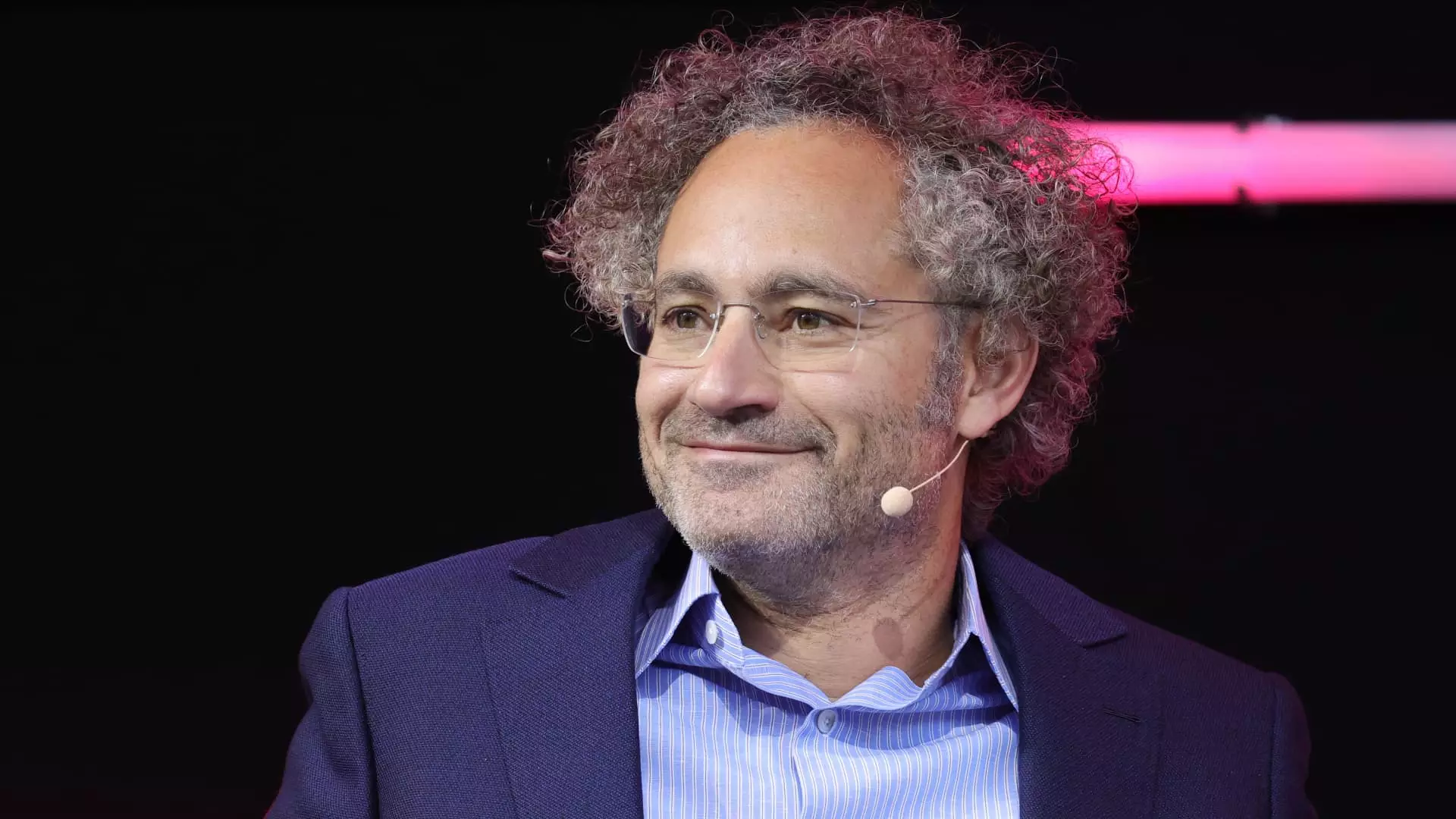In a recent interview with CNBC, Palantir CEO Alex Karp expressed his strong feelings towards short sellers, investors who profit from betting on the decline of a company’s stock price. Karp’s disdain for short sellers was evident as he stated, “I love burning the short sellers.” His animosity towards them was further highlighted when he mentioned how taking away profits from short sellers brings him immense joy. These comments shed light on the often contentious relationship between companies and investors who are betting against them.
Following the announcement of Palantir’s Tactical Intelligence Targeting Access Node being selected by the U.S. Army, the company’s stock price saw a significant increase of 9.8% on March 6th. This jump in stock price is a testament to the positive impact of securing high-profile contracts for companies like Palantir. However, this success also comes with drawbacks for short sellers, who are forced to buy back shares at potentially high losses when stock prices rise.
The Financial Impact of Short Selling
Karp’s tirade against short sellers was fueled by the notion that these investors are not only betting against a company’s success but are also willing to go to great lengths to profit from its downfall. The CEO’s comments about short sellers resorting to illegal activities to fund their trades highlight the cutthroat nature of the financial markets. Despite this, short selling remains a legal practice that serves as a check-and-balance mechanism in the stock market.
Palantir’s stock has shown significant growth this year, with shares up by approximately 47%. This success is a reflection of the company’s ability to secure lucrative contracts and expand its market presence. However, this growth also means that short sellers who bet against Palantir are facing mounting losses. It is essential for companies like Palantir to continue driving positive performance to deter short sellers from targeting their stocks.
The relationship between companies and short sellers is complex and often contentious. While short selling serves as a mechanism for market efficiency, it can also have detrimental effects on companies and their stock prices. CEOs like Alex Karp play a vital role in defending their companies against short sellers and promoting positive performance in the stock market. As the battle between companies and short sellers continues, it is crucial for investors to navigate these dynamics with caution and foresight.

